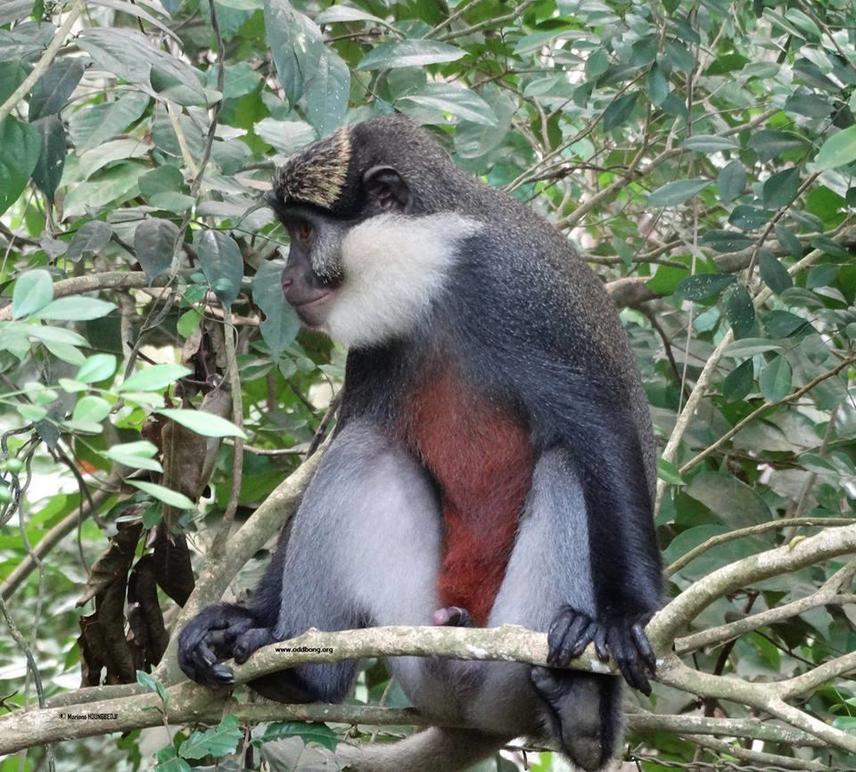Article featuring the project co-ordinator on British Ecological Society website.
Marsh Award for Ecologists in Africa, Dr Chabi Adéyèmi Marc Sylvestre Djagoun.
Evaluation and Implementation of Conservation Strategies for the Sustainable Exploitation of Wildlife Resources Used as Animal Based Medicine in Benin
The results from our first round Rufford project highlighted that most of the animals sold at the markets in southern Benin come from Lama forest, despite the level of protection applied there. In this context, this project aims to examine awareness and attitudes related to wildlife hunting practices, and the influences of socio-demographic variables, on awareness of hunting among local communities in Lama Forest. Our findings will help to provide specific and relevant information for policy development and selection of management strategies. Educational activities will be implemented among different stakeholders to raise awareness in wildlife conservation in Lama Forest.

Since bush meat hunting is typical of areas with low food security and few realistic alternative meat sources, understanding the social contexts of communities in rural areas is essential for developing strategies to reducing the problem. In order to identify the drivers behind and levels of bush meat hunting, consumption, and trade in the communities around Lama Forest, it is necessary to obtain a realistic picture of how local populations perceive and understand specific social issues and livelihood conditions. It is widely accepted that current biodiversity loss and poverty are linked, and that poverty and conservation must be recognized and addressed as interlocking challenges. A sustainable livelihoods approach links social and ecological criteria, and examines the differential capability of rural households to cope with crises such as food shortages, floods, droughts, and diseases. In the bush meat context, a key variable is the local knowledge component of the resource use patterns. Research on knowledge and local perceptions of sensitive issues like illegal hunting can indicate gaps that may obstruct sustainable use and conservation efforts. We will investigate four objectives with this study.
First, we will examine the level of awareness of communities in the Lama ecosystem regarding illegal hunting, legal hunting practices, and perceptions of law enforcement.
Secondly, we will assess the influences of socio-demographic factors on local awareness of illegal hunting and perceptions of law enforcement; thirdly, we will elaborate on some of the methodological challenges of researching a sensitive issue like poaching.
Finally, we will implement some awareness activities based on the findings of our field work. The fieldwork for this project will be done in eight months as following. We will collect data during four months with the local population in the villages surrounding the Lama forest and with the sellers on three selected animal medicine based market. During three months some public awareness activities will be implemented with 200 communities based on the finds of our field work both at villages and three children school level in Lama Forest. Two training workshop will be organized with the sellers of the wildlife species and the wildlife conservation stakeholders in Benin, planned to last for one month.
Article featuring the project co-ordinator on British Ecological Society website.
Marsh Award for Ecologists in Africa, Dr Chabi Adéyèmi Marc Sylvestre Djagoun.